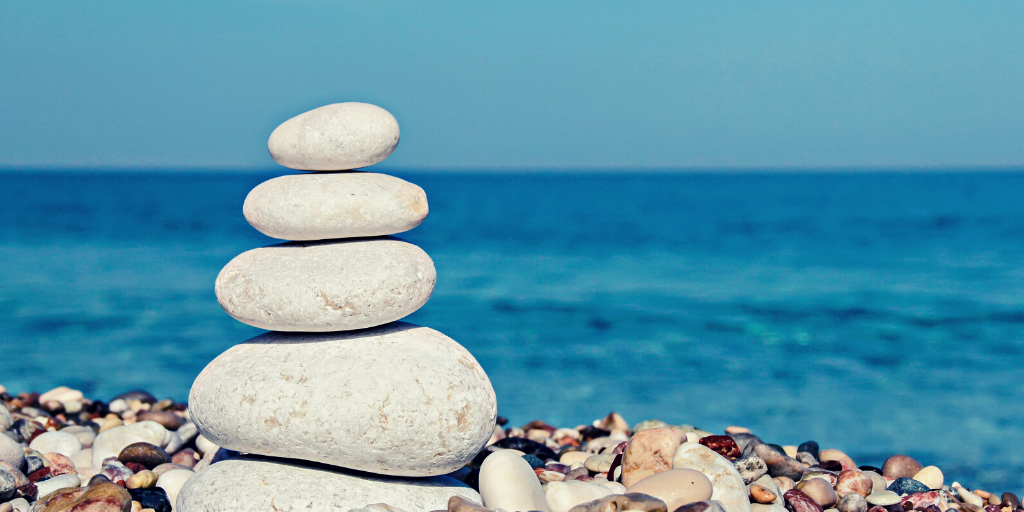“Breathe,” we say to ourselves, we say to each other. This reminder has become commonplace in recent years. On one level, it seems an odd thing to say, given that breath is fundamental to life. But it’s a poignant indicator of how we can get so absorbed by our thoughts and worries that we breathe shallowly, or even unconsciously hold our breath.
Now, still reeling from the impact of a global pandemic ourselves, we see students in our classrooms struggling to feel connected and safe. How much more shallow and blocked is our breathing? And how might consciously focusing on the breath help replenish our mental and physical resources at a time when we need everything we’ve got?

Many respected institutions (Harvard Medical School, for example) have documented the importance and benefits of conscious, deep breathing. Those benefits include fuller oxygenation, which reduces stress. The concentration required to consciously breathe also helps us let go of distractions, another stress reducer. And deep, deliberate breathing can even slow the heartbeat and lower or stabilize blood pressure.
Here’s a simple and pleasurable deep-breathing exercise we use in the Caring School Community program that can make a difference. I invite you to try it out for a few minutes daily this week. It’s based on the 4–7–8 technique developed by Dr. Andrew Weil.
Pattern Breathing Exercise
- Sit straight but comfortably. Close your eyes or, if you prefer, simply lower and soften your gaze.
- Exhale from your nose.
- Slowly inhale through your nose as you silently count to 4.
- Hold that breath for a count of 7.
- Exhale through your mouth to a count of 8.
- Repeat several times.
After you try out this practice, I recommend that you reflect briefly about how it went, using the questions below.
Q How did it feel doing “pattern breaths”? What time of day might you practice it this week? Turn to your imaginary partner!
You might be thinking:
“We’ve all heard of these breathing techniques but this is the first one I’ve actually tried. I’m glad I did!”
“I’m not usually into breathing exercises, but that was interesting. Maybe I’ll try it again when I’m feeling really stressed.”
“I feel calmer entering into the day ahead.”
“I’m going to do it first thing before I jump out of bed.”
“I’ll do it while I’m waiting for my first cup of tea to steep.”
It’s profound to reflect on the fact that shortness of breath can be a symptom of serious illness. Besides helping you manage your stress level, this practice offers the benefit of providing small moments to treasure the gift of this life.
